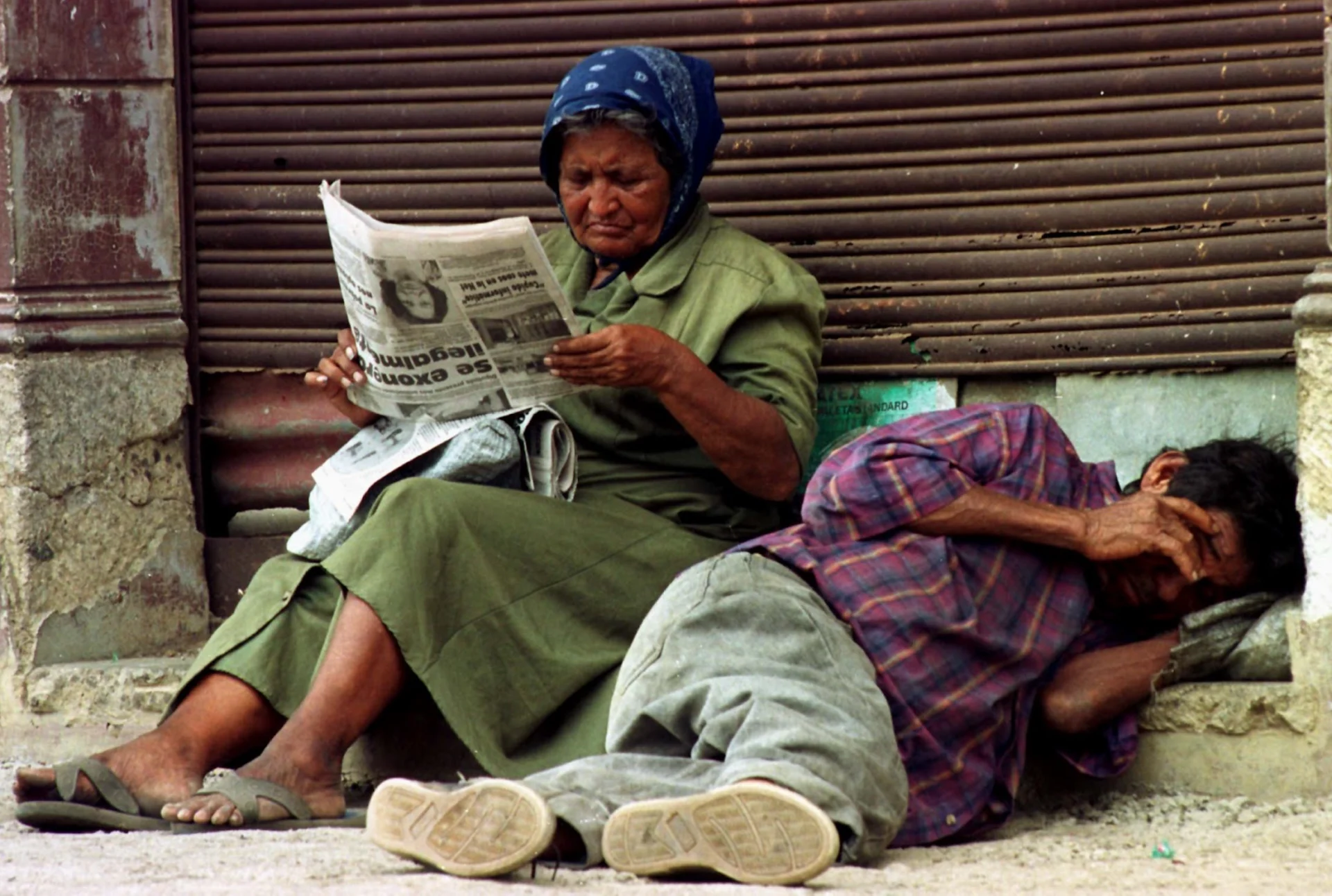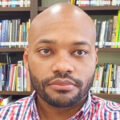The narrative that social polarization is due to populism and political extremism is conceptually and factually false. This narrative tends to obscure the underlying causes of the malaise and uncertainty that mark our historical moment: growing inequality. It is this inequality that truly polarizes our societies. The liberal-conservative conception, predominant in the media of most of our countries, has turned into common sense the idea that populism is the great threat to democracies—a notion that is simply accepted and should not be questioned.
From this perspective or ideological positioning, the problems come from “populist” politicians who, searching for popularity, promise unrealizable things. However, this perspective has two serious inconsistencies. The first is that it tends to exonerate the region’s economic elites who, often, exercise real power through mechanisms of domination such as the capture of politics through the financing of candidates and parties, the control of instruments of economic domination/coercion such as finance, and the ownership of the main media.
Every society is structured based on power relations. And the three fundamental powers are political power (institutions that enjoy bureaucratic-legal and traditional legitimacy in the words of Max Weber), economic power (ownership of the principal means of wealth production) and ideological power (the structure that owns the national media).
However, the liberal-conservative narrative hides these power relations which, in a republican sense, should be discussed daily. So these powers should be pointed out and, when appropriate, criticized to unveil them and submit them to public deliberation regarding the collective consequences of their actions and decisions.
The second inconsistency of the false consciousness that attributes our problems to “populism” is that it encourages anti-political logic. By placing politics as the origin of collective problems, it opposes it to citizenship and private spheres that would be spaces of virtue. Hence, the increasingly common simplification of public debate that, especially in digital conversations, trivializes the debate to the point of normalizing ideas such as the elimination of politics to avoid corruption and thus achieve the welfare so often promised.
This type of conception tends to feed anti-democratic sentiments because without politics there is no democracy possible. Politics in its deep and classical sense implies that collective action with which, according to Hannah Arendt, we act among many. This, in turn, refers to the civic virtue and republican character that is required for politics to be operative; that is, to define the common spaces where it can be realized.
Anti-politics subverts this process and becomes a breeding ground for ultra-right and anti-democratic alternatives. It is evident that where this anti-political logic is installed, anti-democratic political options grow. See the cases of Argentina, Brazil, El Salvador and Ecuador.
Inequality in the region
Our region lives today under unprecedented levels of inequality, according to the recent Oxfam report, EconoNuestra, for Latin America and the Caribbean. This breaks with the foundation of democracy, which is the existence of a framework of equality (formal in liberalism and substantial in the republican sense) among those who constitute a political community.
Currently, in Latin America and the Caribbean, the balances that sustain democracy have been broken as a result of growing inequality. Then, this is the main threat to our democracies. Especially if we consider the penetration in our countries of the ideological consensus (initially neoliberal and more recently liberal-libertarian) that naturalizes such levels of inequality due to “economic freedom” discourse.
This discourse presents inequality as a favorable phenomenon, assuming that individual progress depends solely on personal effort and that politics is nothing more than a corrupt and “impoverishing” sphere. This narrative seeks to establish that the most capable people are those who become multimillionaires. We are, therefore, faced with a sort of vulgarization of meritocratic logic which, as Michael Sandel points out, is in itself a problem for achieving a collective coexistence that enhances civic virtue.
On the other hand, according to the Oxfam report, in 2015, 32 Latin Americans concentrated the same wealth as the poorest half of the region, while today that figure has been reduced to two billionaires. The same report raises the problem implied by the ability of these tycoons to co-opt politics based on the power conferred by their wealth.
A Latin American super-rich elite is concentrating inordinate power, which threatens democracy. And the issue is not that they are rich, but that the economic power is one of the three powers that structure society. If the rich are getting richer due to a capitalist model that tends to excessive concentration via financialization, then practically all powers would be in the hands of the same (tiny and closed) sectors.
Considering that the media, in practically all of our countries, are usually owned by large economic groups and, as history shows, all excessive power corrupts and distorts while alienating those who possess it from reality, it is necessary to develop republican mechanisms that limit the excessive concentration of wealth because this implies excessive concentration of power. In this way, a better democratic coexistence based on civic virtue could be guaranteed, while better balanced societies would allow the full development of our countries.
When there are significant differences resulting from brutal inequalities, such as those that exist in our countries today, the public space understood as the classical res publica is emptied. Consequently, there is neither civic virtue nor the possibility of making collective judgments about what is common to us all. Thus, public discussion is stripped of its specifically political content, and people lose the ability to understand their problems as shared with their peers, which limits the ability to solve them collectively.
Without this ability to value the public and defend the commons, no democracy is possible. Therefore, we must resolutely fight inequality to defend democracy.













